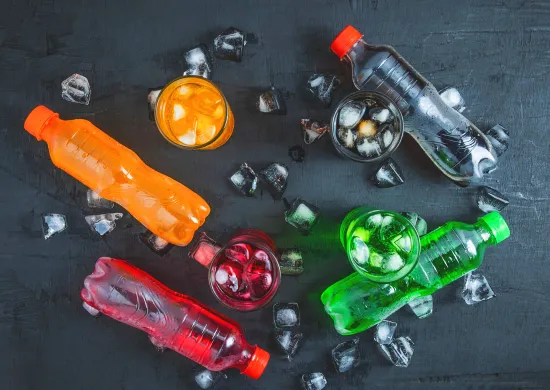

September 16th is the International Day for the Preservation of the Ozone Layer, a United Nations (UN) initiative aimed at protecting the ozone layer for current and future generations.
The ozone layer is a fragile shield of gas that protects the Earth from the harmful portion of the rays of the sun, helping to preserve life on our planet. It’s imperative that the layer remains intact to help protect both human and animal life, the environment and prevent temperature rises that are the key factor in climate change.
Montreal Protocol and Paris Agreement
The origins of World Ozone Day (WOD) come from an international treaty signed in Montreal, Canada in 1987 that would see the phasing out of the production of substances that are responsible for ozone depletion. You can view the full list here .
This phaseout of ozone depleting substances over the past 30+ years such as chlorofluorocarbons (CFCs), hydrochlorofluorocarbons (HCFCs) and halons which all destroy ozone in the stratosphere, has helped to protect the ozone layer and slowed down the effects of climate change, whilst protecting human health and ecosystems. In 2009, a scientific article published in the PNAS journal noted that the Montreal Protocol has averted more than 135 billion tonnes of carbon dioxide equivalent emissions going into the atmosphere, thus significantly contributing to the mitigation of climate change .
Despite the progress made and scientific assessment acknowledging that the ozone layer is healing from damage inflicted upon it decades ago, the battle must continue to be fought by us all.
More recently, the Paris Agreement of 2015 saw nearly every country around the world enter into a legally binding commitment to reduce emissions to limit global warming to well below 2 degrees, and ideally to 1.5 degrees above pre-industrial levels. In November this year, leaders from all over the world will convene in Glasgow for the United Nations’ COP26 (Conference of the Parties and the 26th such event) to accelerate action on the agreement.
Culligan’s commitment to the cause
At Culligan we are committed to the responsible use of natural resources, continual development of clean technologies and the replacement of harmful substances with eco-friendly alternatives. In 2017 we made the switch to using the natural refrigerant gas R600a in our water dispenser compressors as an environmentally friendly refrigeration solution.
Key environmental benefits of switching to R600a
- Non-toxic
- Zero Ozone Depletion Potential (ODP)
- Low Global Warming Potential (GWP)
- Excellent thermodynamic performance – a combination of cooling, energy efficiency and zero environmental damage
- Functional alternative for numerous chlorofluorocarbon (CFC) or hydrofluorocarbon (HFC) refrigerants such as R134a.
By the end of 2020, compared to using R134a, we reduced the CO2 equivalent by 99.8% per dispenser, saving a total CO2 equivalent of 30,881 tons. See table below for a year-on-year comparison:
Carbon dioxide reduction
As well as reducing the environmental impact from our refrigerant gases, we have made significant strides to limit our carbon dioxide output through other initiatives too. These include:
- A more streamlined global supply chain to help save 1,115 tonnes of CO2 in 2020
- Transport provided for our employees in China to and from work, saving 0.83 tonnes of CO2 each week (just 14.4% of car emissions)
- Reducing unnecessary callouts to customers, limiting road miles and emissions, to help save 46 tonnes of CO2 by the end of 2021
Refurbishment programme of existing water dispensers to reduce unnecessary emissions that come from the production and transportation of new machines
Great progress has been made to help preserve the ozone layer since the Montreal Protocol came into existence all those years ago, meaning we can all benefit from the protection it gives us. But it’s important not to rest on our laurels. Culligan is committed to reducing its carbon output and will continue to invest in initiatives across the business to do so.


